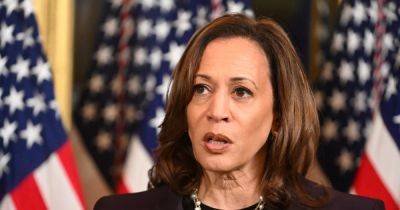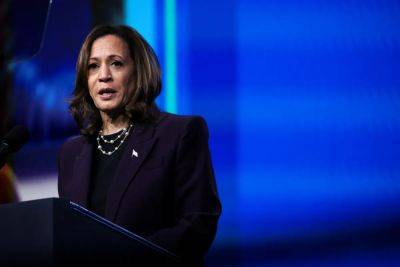U.S. National Debt Tops $35 Trillion for First Time
America’s gross national debt topped $35 trillion for the first time on Monday, a reminder of the nation’s grim fiscal predicament as legislative fights over taxes and spending initiatives loom in Washington.
The Treasury Department noted the milestone in its daily report detailing the nation’s balance sheet. The red ink is mounting in the United States more quickly than many economists had predicted as the costs of federal programs enacted in recent years have exceeded initial projections.
The leading presidential candidates, Vice President Kamala Harris and former President Donald J. Trump, have said little about the nation’s deficits on the campaign trail, suggesting that the economic problem will only worsen in the coming years. Deep differences between Republicans and Democrats on policy priorities and resistance within both parties to enacting cuts to the biggest drivers of the national debt — Social Security and Medicare — have made it difficult to reduce America’s borrowing.
The Congressional Budget Office said last month that the U.S. national debt is poised to top $56 trillion by 2034, as rising spending and interest expenses outpace tax revenue.
High interest rates have made it harder for the United States to manage its debt burden. Some federal programs created during the pandemic, such as the Employee Retention Tax Credit, have been more costly than budget experts predicted because of fraud and abuse. There has also been stronger than expected demand for tax credits that have been offered through the Inflation Reduction Act of 2022, inflaming annual deficits.
The Treasury Department said on Monday that it borrowed $234 billion from April to June, which was less than it anticipated, and that it expects to borrow







